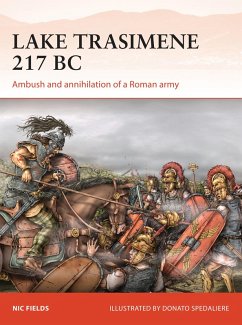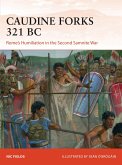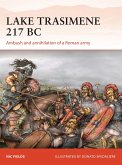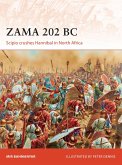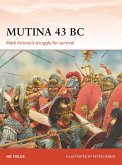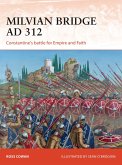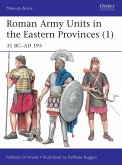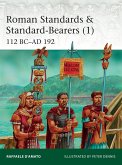One of the greatest ambushes in military history, Lake Trasimene was the site of the slaughter of an entire Roman army at the hands of Hannibal during the Second Punic War. An ideal book for all enthusiasts of ancient warfare.
Following Hannibal's crushing victory at the battle of the Trebbia, the reeling Roman Republic sent a new army under the over-confident consul Caius Flaminius to destroy the Carthaginian invaders - unbeknownst to him they were ready and waiting. The destruction of the Roman force at Lake Trasimene firmly established Hannibal as one of the Ancient World's greatest commanders thanks to his use of innovative tactics, including the first recorded use of a turning movement. The Romans would not send another major army to confront him until the battle of Cannae in 216 BC.
This up-to-date study, based on recent archaeological work on the battlefield itself, tells the full story of one of Hannibal's greatest victories with the help of maps, full-colour illustrations, and detailed sections on the make-up of the armies and their commanders.
Following Hannibal's crushing victory at the battle of the Trebbia, the reeling Roman Republic sent a new army under the over-confident consul Caius Flaminius to destroy the Carthaginian invaders - unbeknownst to him they were ready and waiting. The destruction of the Roman force at Lake Trasimene firmly established Hannibal as one of the Ancient World's greatest commanders thanks to his use of innovative tactics, including the first recorded use of a turning movement. The Romans would not send another major army to confront him until the battle of Cannae in 216 BC.
This up-to-date study, based on recent archaeological work on the battlefield itself, tells the full story of one of Hannibal's greatest victories with the help of maps, full-colour illustrations, and detailed sections on the make-up of the armies and their commanders.

